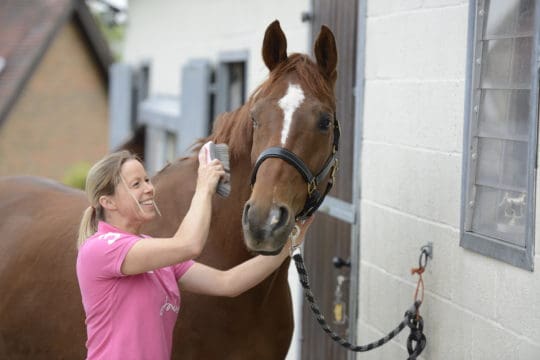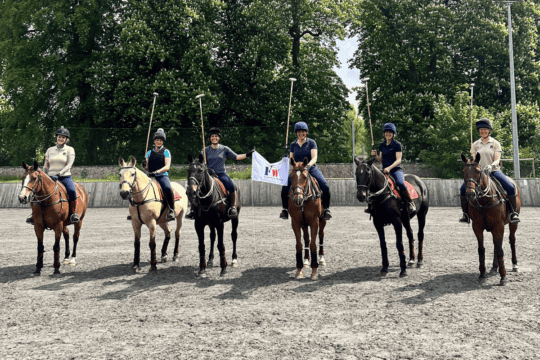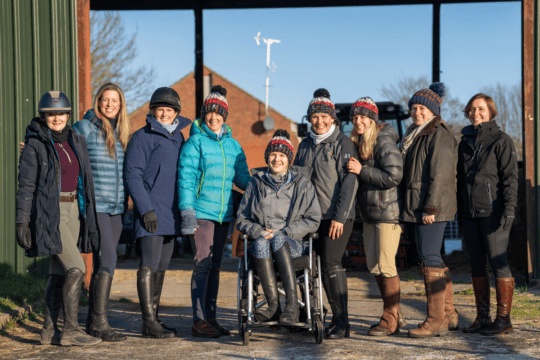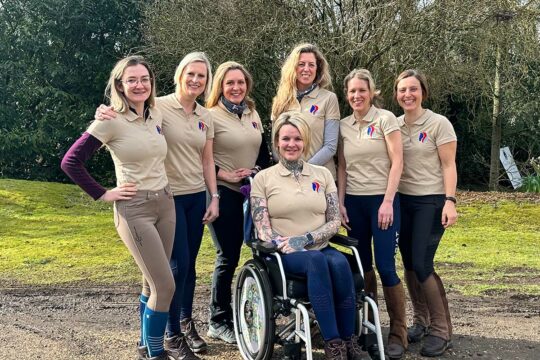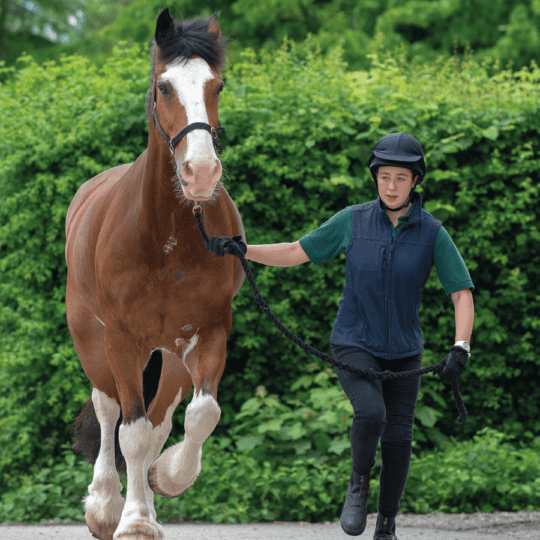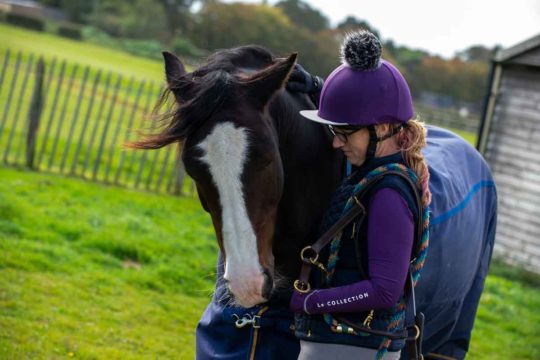
Most Read Articles
Study finds that a long-term bond between horse and rider leads to increased confidence in new situations
Posted in News
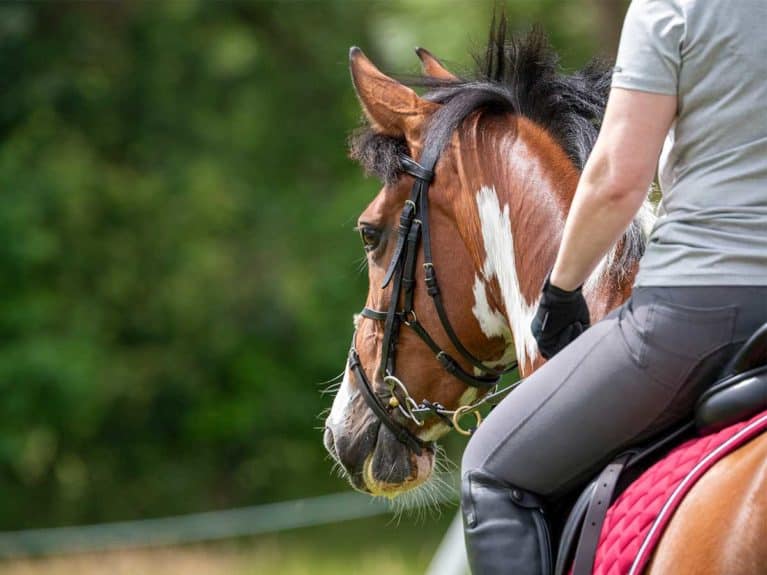
A new study has shown that horses are more reluctant in new situations if they have multiple riders, have had several owners or have been with their current owners for a short period of time
A long-term relationship with one owner leads to a better attitude towards new or unusual situations – that’s what the results of the international research group studying interactions between horses and humans have found. They also indicate that it takes time to build a good interactive relationship with a horse.
The research group, consisting of the Finnish universities of Turku and Helsinki, and the INRAE of Nouzilly in France, set out to study interactions between horses and humans and assess how horses reacted to new situations, examining 76 privately-owned leisure horses to perform two behavioural tests.
“Domestic horses may spend several hours daily in close contact with humans, which can affect horse welfare, physiology, and behaviour,” said the lead author of the study, doctoral researcher Océane Liehrmann from the Department of Biology at the University of Turku, Finland. “Therefore, it’s important to understand which factors can influence the horses’ emotions during interactions with humans and what shapes their relationship – particularly in novel situations that can be very stressful to the animals.”
In these tests, the researchers observed and analysed the horses’ reactions to new objects. To start with, the horses were led in walk on two surfaces that were new to them – a white tarp and a fluffy blanket. Each horse was led to one of the surfaces by his owner and the other by an unfamiliar researcher.
Then, the researchers studied whether the horse reacted differently when he faced a new object with a familiar owner or with a stranger (the researcher). The horse was presented with a fluffy stuffed toy either by his owner or by an unfamiliar researcher. The horse had one minute to freely come and interact with the toy and then the person approached the horse and tried to touch its neck with the toy.
“Interestingly, horses with an exclusive relationship with their owner were the calmest when approaching the novel surfaces and easily agreed to be touched with the toy,” Océane explained. “Horses who are regularly ridden or trained by different persons showed more stress behaviours in the test situations.”
Horses who’d spent their whole lives with their owners agreed to be touched with the new toy more often than horses who’d had several owners during their lives. These horses presented more stress behaviours and refused to be touched with the toy more often.
The results also showed that horses with shorter relationships with their current owners were more reluctant in new or unusual situations and presented more stress behaviours when asked to interact with novel objects and surfaces. On the contrary, horses who had at least a six-year relationship with their owners mostly stayed calm when introduced to the surfaces or the stuffed toy.
Interestingly, horses older than 17 years old refused more often to step on the tarp or the blanket when they were led by a stranger, while they almost all agreed to do it when they were led by their owner.
“Overall, the results show that animals’ relationships with their human caretakers should be better considered in animal welfare and its research,” Océane concluded.
To read the full study, visit https://www.sciencedaily.com/releases/2022/08/220825094912.htm?fbclid=IwAR2bCSvqKKNG_8LKV1kLCXXbxxjZp1T09MlBqO_tkw3iNBLuVCkjaErNIeI

